CHICO — Policing and departments’ use of military-grade equipment often draw concerned citizens to public meetings. Tuesday evening, with a report from Chico Police Chief Billy Aldridge on the agenda, the response was surprisingly muted.
Only two residents addressed the matter. By contrast, seven spoke during the general public comment period (including Councilor Addison Winslow, who challenged his colleagues about their receptiveness — or lack thereof — to input) and four tackled downtown bars. Three dozen attended the meeting.
The whole police discussion took 15 minutes, capped by a 7-0 approval of the report. Councilors also considered removing the city’s limit on bars in the Downtown North zoning district and setting fees for the city’s retrieval of shopping carts taken from retailers. They rejected the former, accepted the latter.
Assembly Bill 481 requires local law enforcement agencies to submit an annual report to the state with an updated inventory of items the bill classifies as military equipment and policies for utilizing this equipment. AB481 also requires a public engagement meeting, which Chico Police Chief Billy Aldridge conducted Thursday, March 28 in the City Council Chambers.
“We no longer own any (Defense Department-issued) equipment,” he said, adding he’s requested no additional equipment in the category.
James Hutchinson questioned the merits of the engagement and council meetings given the turnout. Ann Polivka of Concerned Citizens for Justice requested the council delay approving the report for more specifics on use and purpose of the use of the equipment.
Aldridge responded to the latter, saying a different set of reports, the use of force review, covers each incidence; “I would say there’s documentation,” he concluded.
Councilor Tom van Overbeek moved to “accept the chief’s recommendation,” which Dale Bennett seconded. It passed unanimously.
Downtown bars
In a discussion nearly as quick but less harmonious, the council revisited removing a limit on bars in the northern part of downtown from the municipal code. Questions arose during last year’s consideration, so staff supplied additional information.
Business owners reiterated concerns. In particular, they noted the district already is considered oversaturated with drinking establishments by the state Alcoholic Beverage Control department.
“I haven’t heard a public outcry (for more bars),” said Karin Williams, owner of Lost on Main and the Down Lo. “I wish there were a need for more competition, but our businesses are struggling.”
Bennett supported the proprietors, saying he’d “lean to preserving as much as possible our existing businesses and down the road take a look again. … I’d like us to stay out of the complication of additional bars at this time.”
Winslow disagreed, characterizing the proposal as “removing an arbitrary limit” set decades earlier to mitigate disturbances and crime that’s lessened since. “We are a destination for people to come hang out,” he continued. “We should let adults be adults.”
Sean Morgan, the longest-serving councilor, noted he’s “a free-market capitalist” but that “adding more bars and seeing what survival of the fittest (brings)” is bad policy. He made a motion to reject the change, which Bennett seconded, but it deadlocked 3-3 with van Overbeek recused because of a business interest.
With no follow-up motion made, the effect proved the same: no additional bars.
Other business
Shopping carts proved a sensitive subject after the council approved an ordinance that charges retailers when the city collects and returns stray carts. When it came time to set the fee, councilors expressed discomfort at having businesses — characterized as victims of the loss — pay to get back their property.
Code Enforcement brought a revision to Tuesday’s meeting, proposing $20 if not retrieved within three days and $50 upon the third incident in six months.
The ordinance has been in place since October, and “it’s been going really well,” Code Enforcement Supervisor Charlene Durkin said. Vendors have come to proactively pick up carts, businesses are cooperating, “but it’s important to have an ordinance in case we have problems.”
Van Overbeek appreciated the change, saying that “the first version was punitive” on the retailers. Bennett told Durkin he initially opposed the idea, “but your fine-tuning is excellent.”
Vice Mayor Kasey Reynolds’ motion to approve carried 7-0.
The council also agreed to a request from Winslow to invite Caltrans to participate in planning the complete streets project. Public Works Engineering Director Brendan Ottoboni agreed to draft the letter for Mayor Andrew Coolidge to sign. The vote was 6-1, with Morgan dissenting.
In closed session, councilors got updated on labor negotiations and Warren v. Chico, plus conducted quarterly performance reviews of the city manager, city clerk and city attorney. Councilors gave direction to staff but took no final action.
The council also received presentations on Chico State from university President Steve Perez and on-street parking regulations from Durkin.
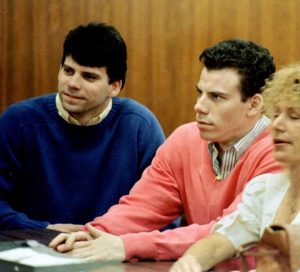


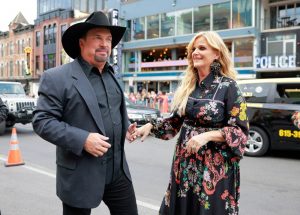
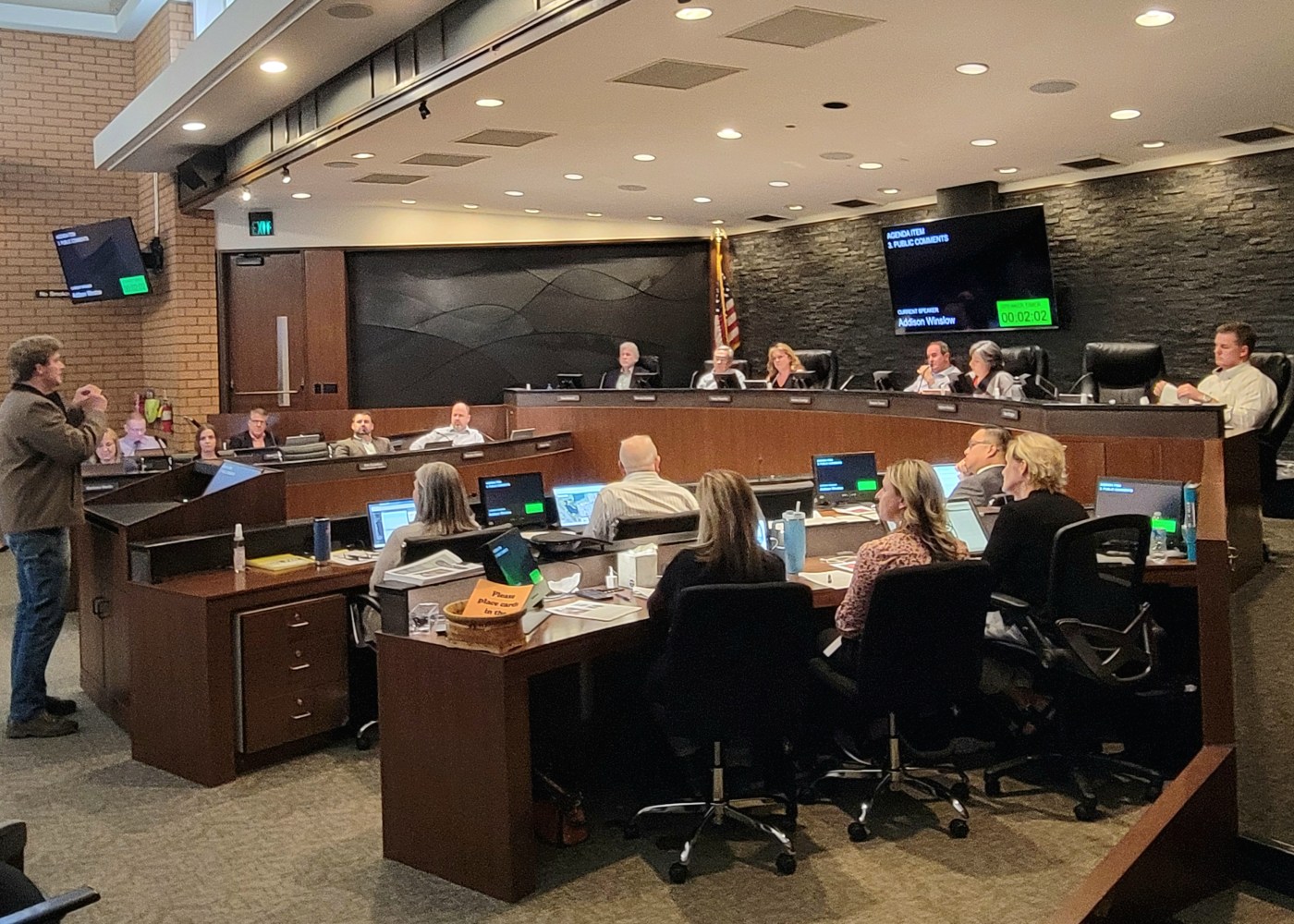
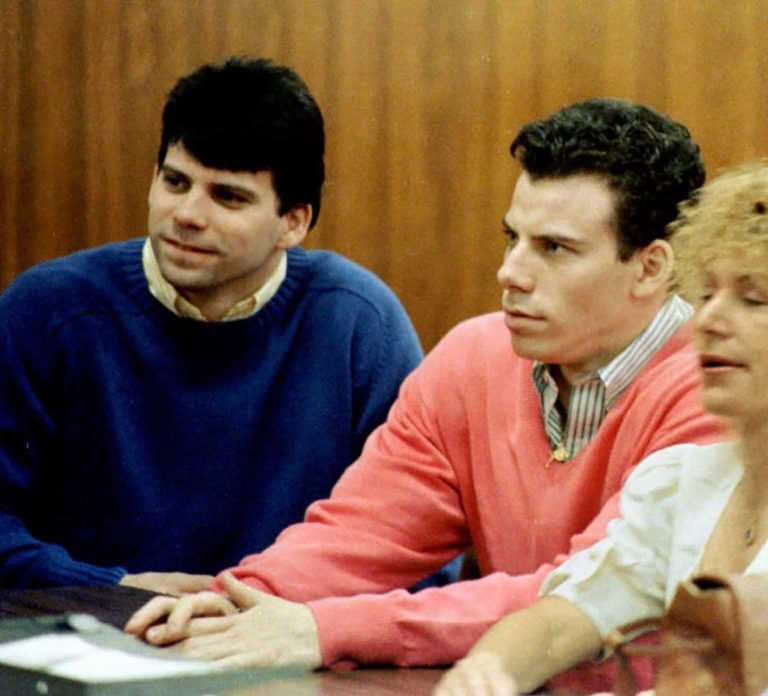


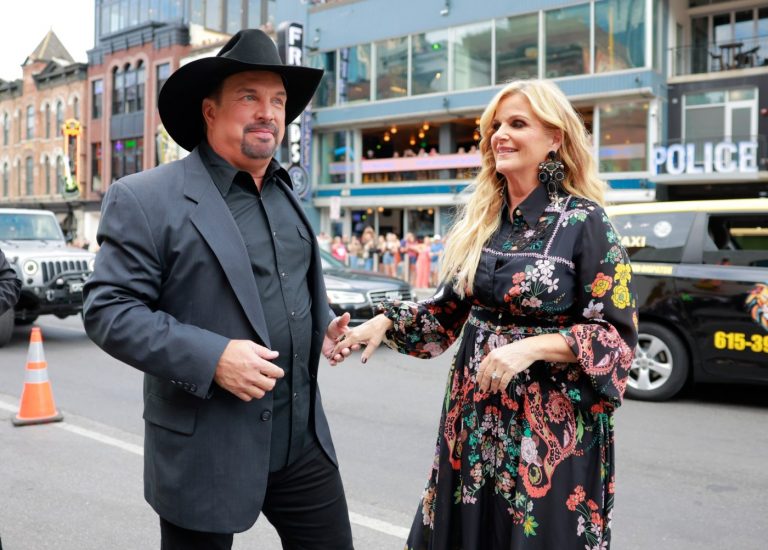
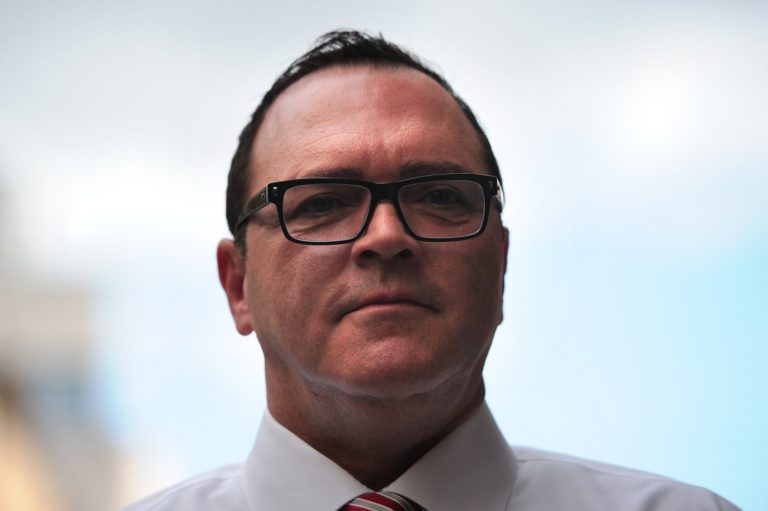


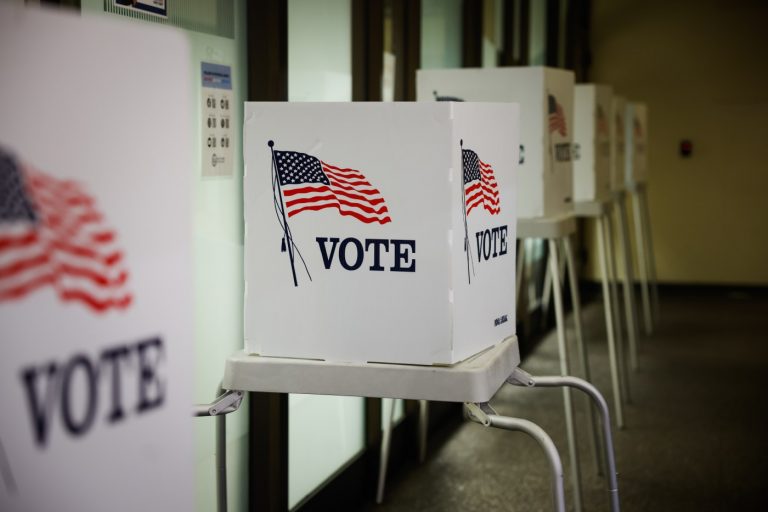
+ There are no comments
Add yours